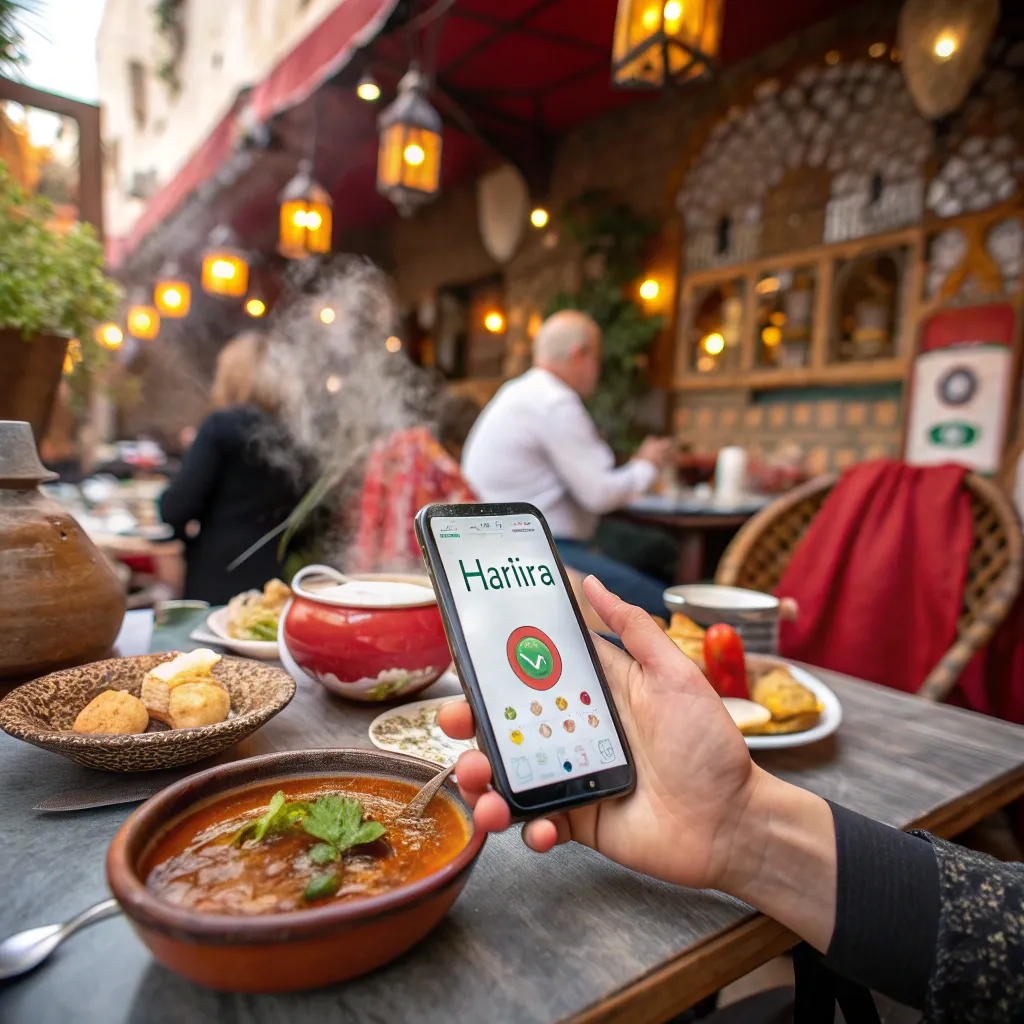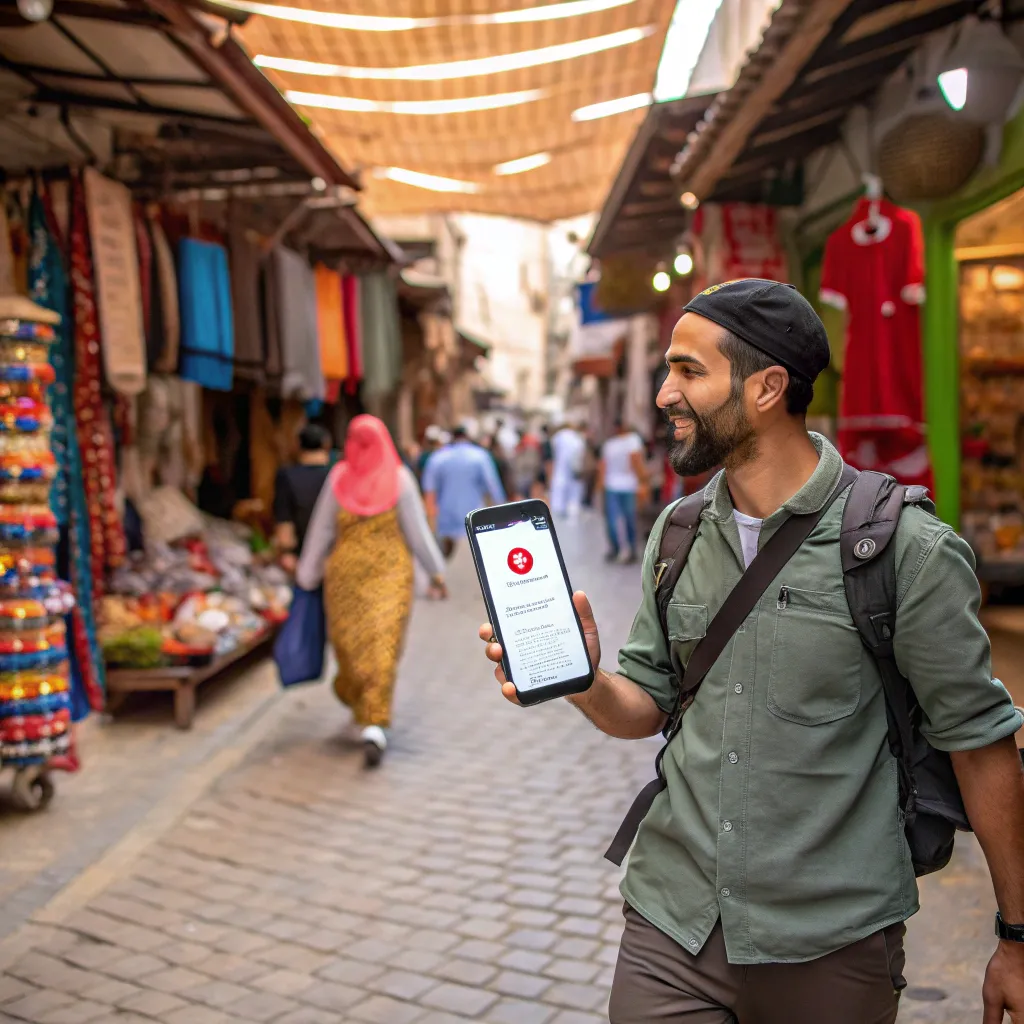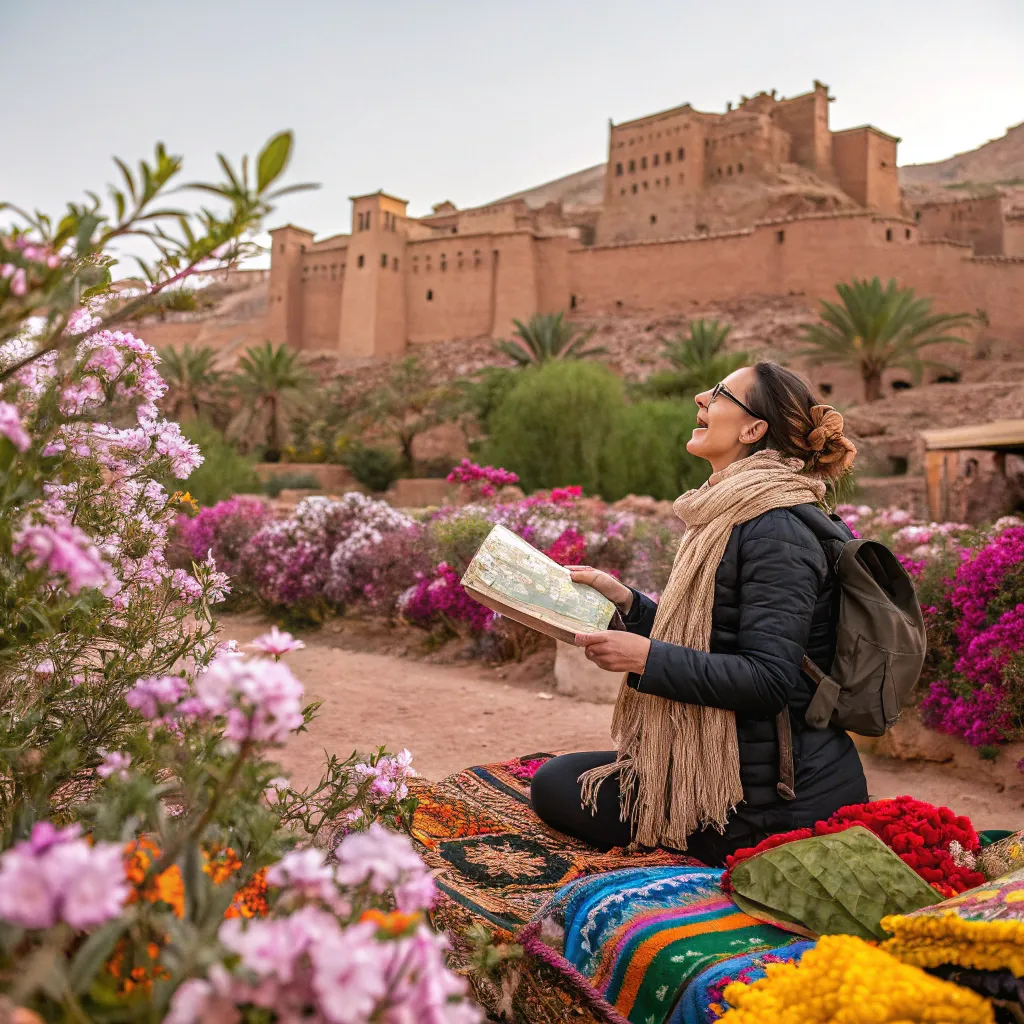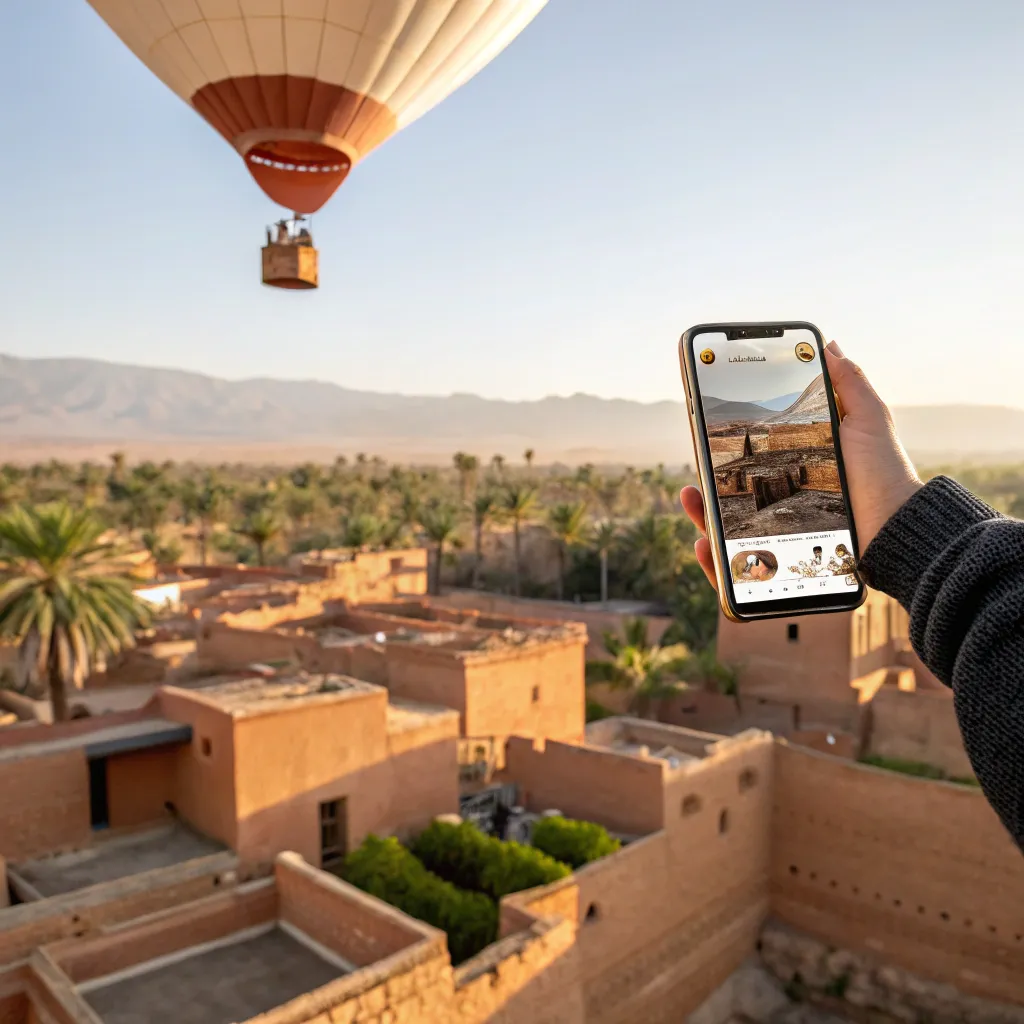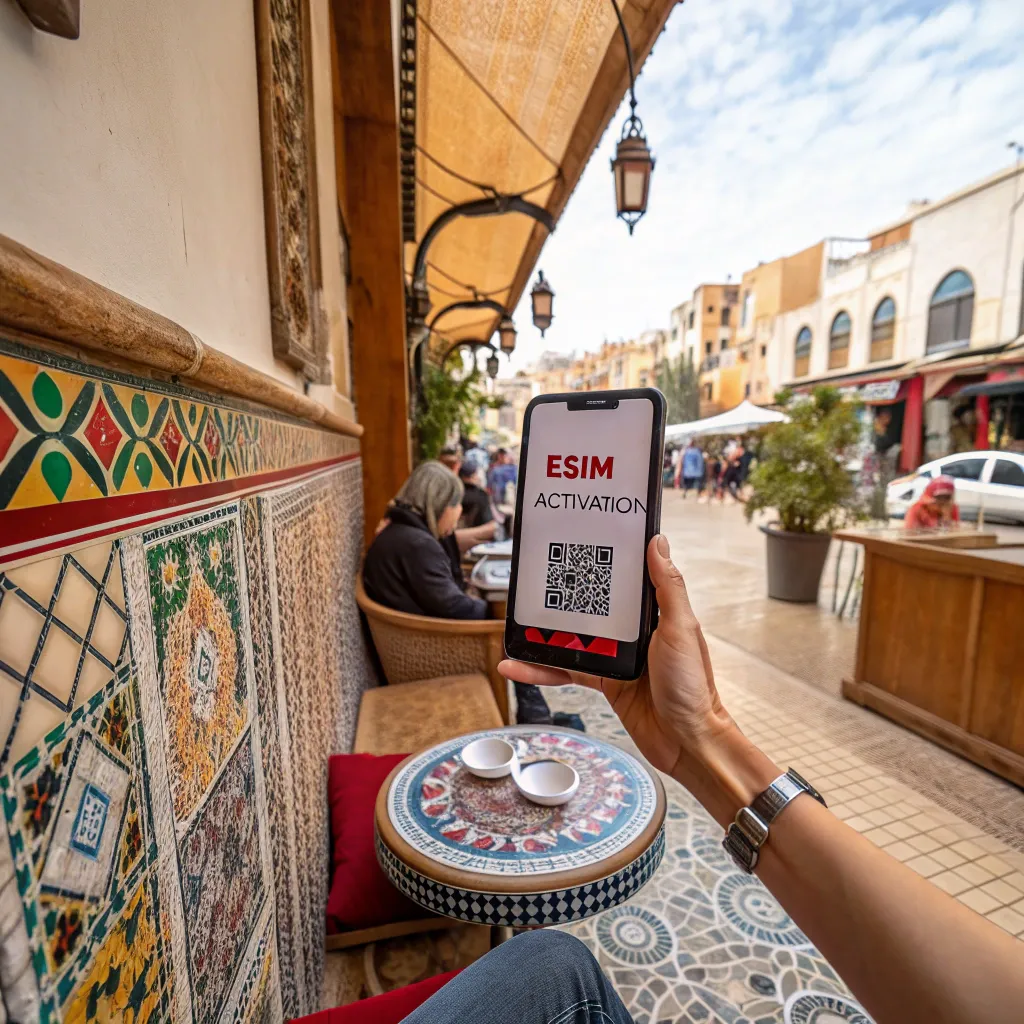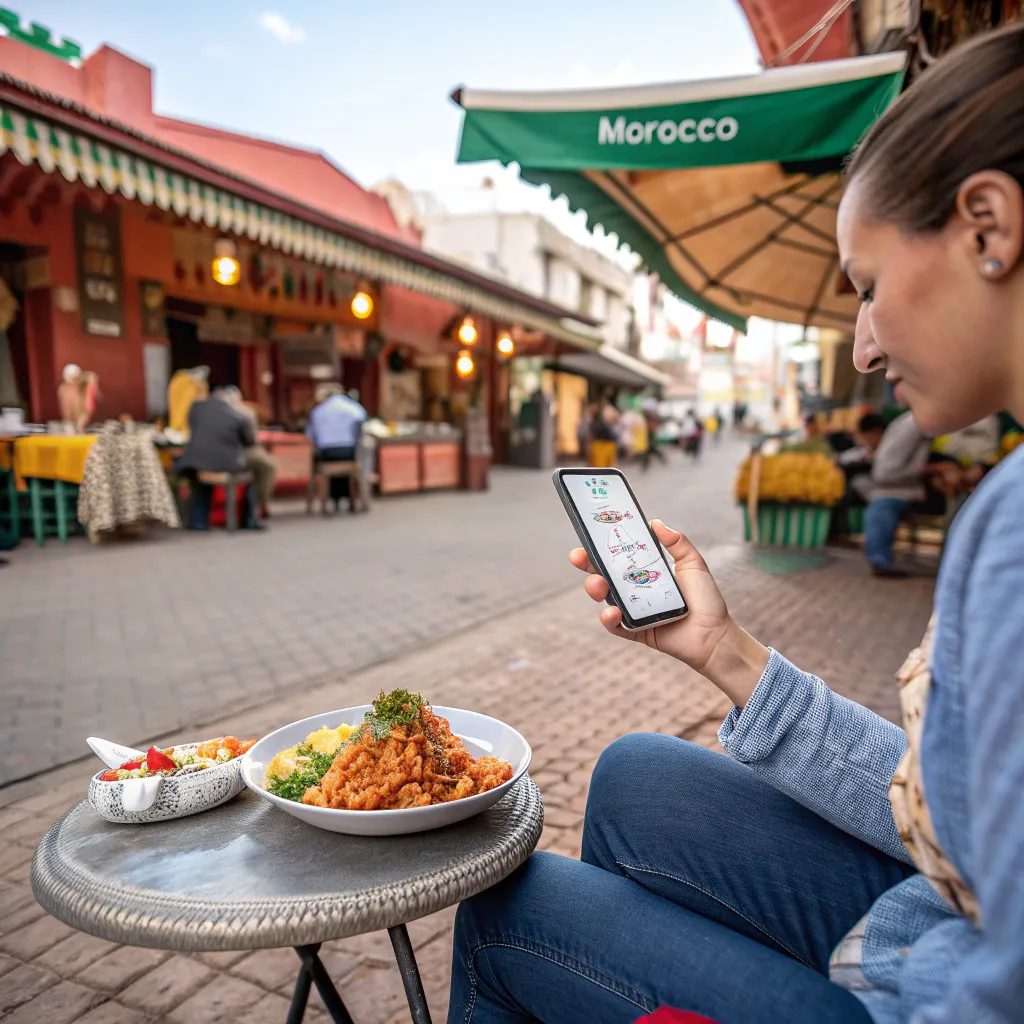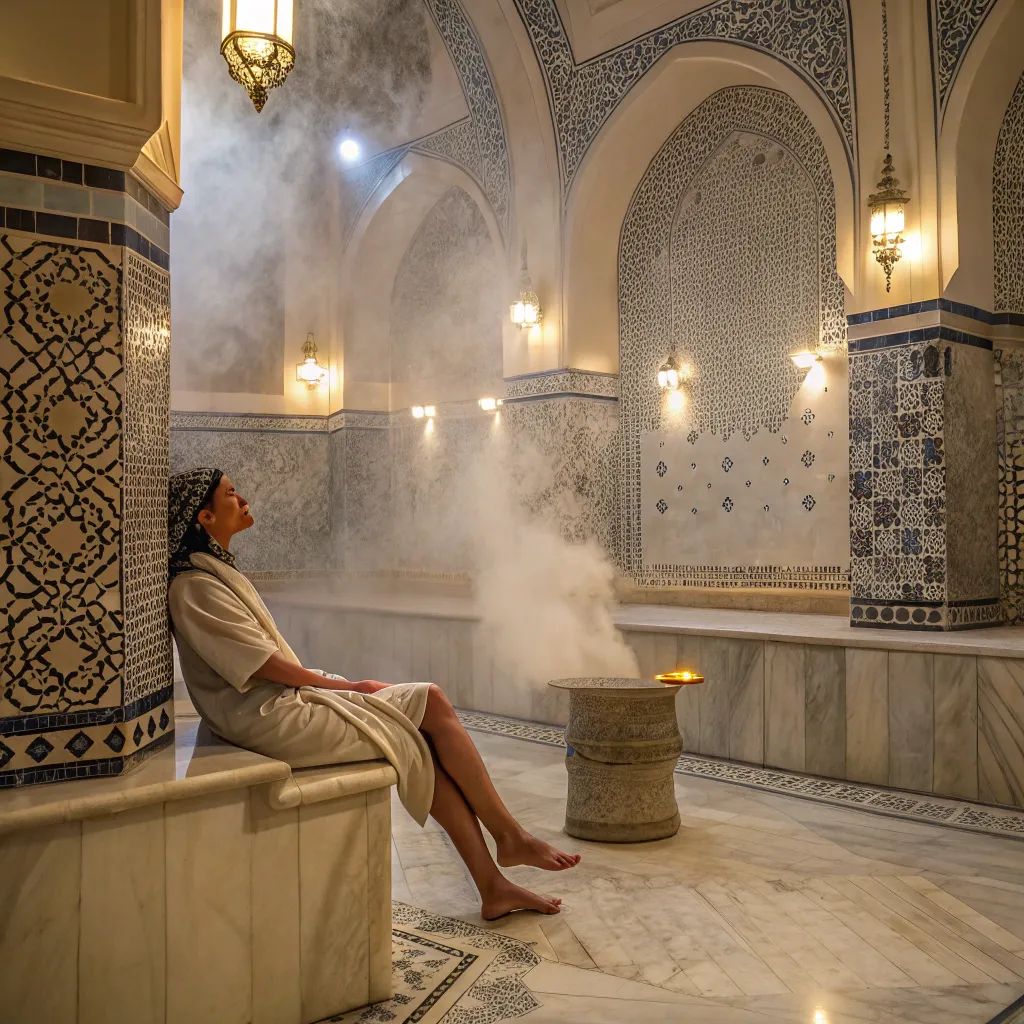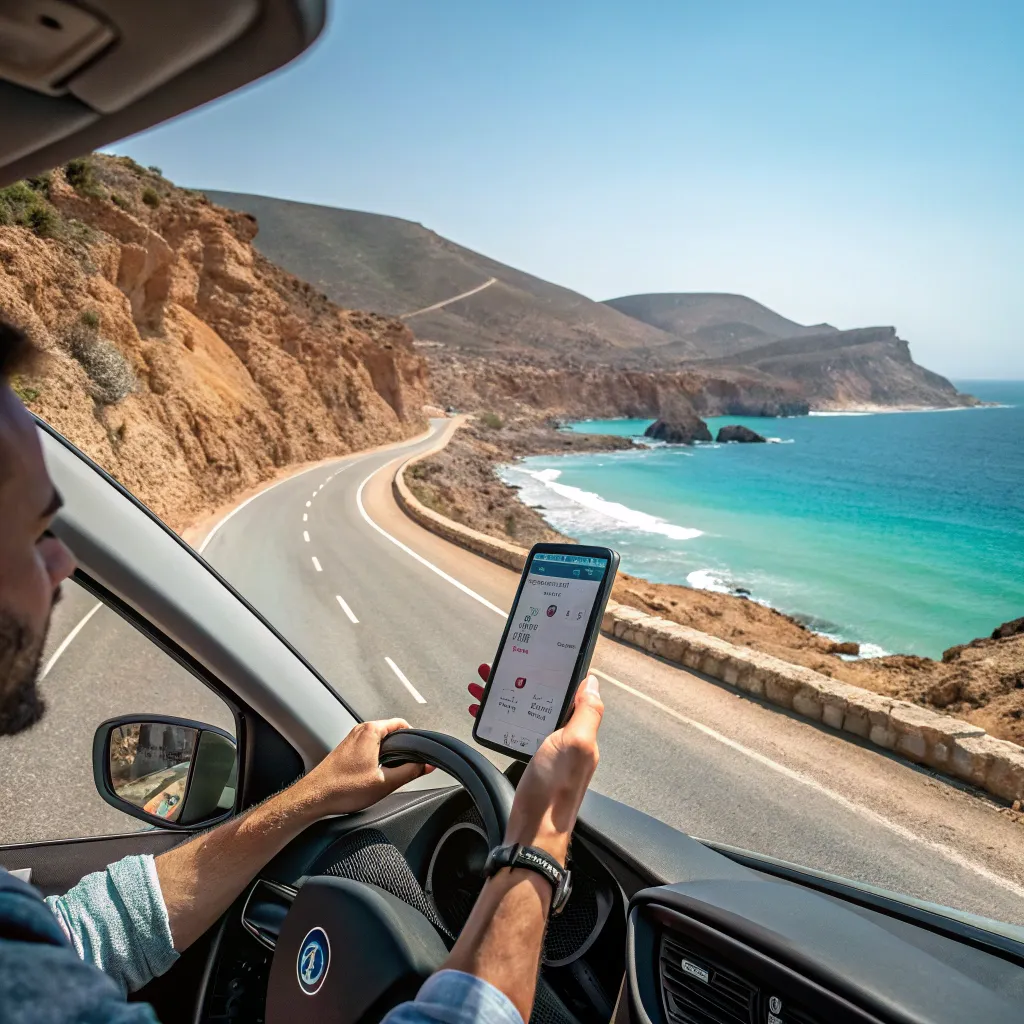Simless
January 9, 2025
Currency and Payment in Morocco: Your Guide to Smooth Transactions (and Souk Savvy!)
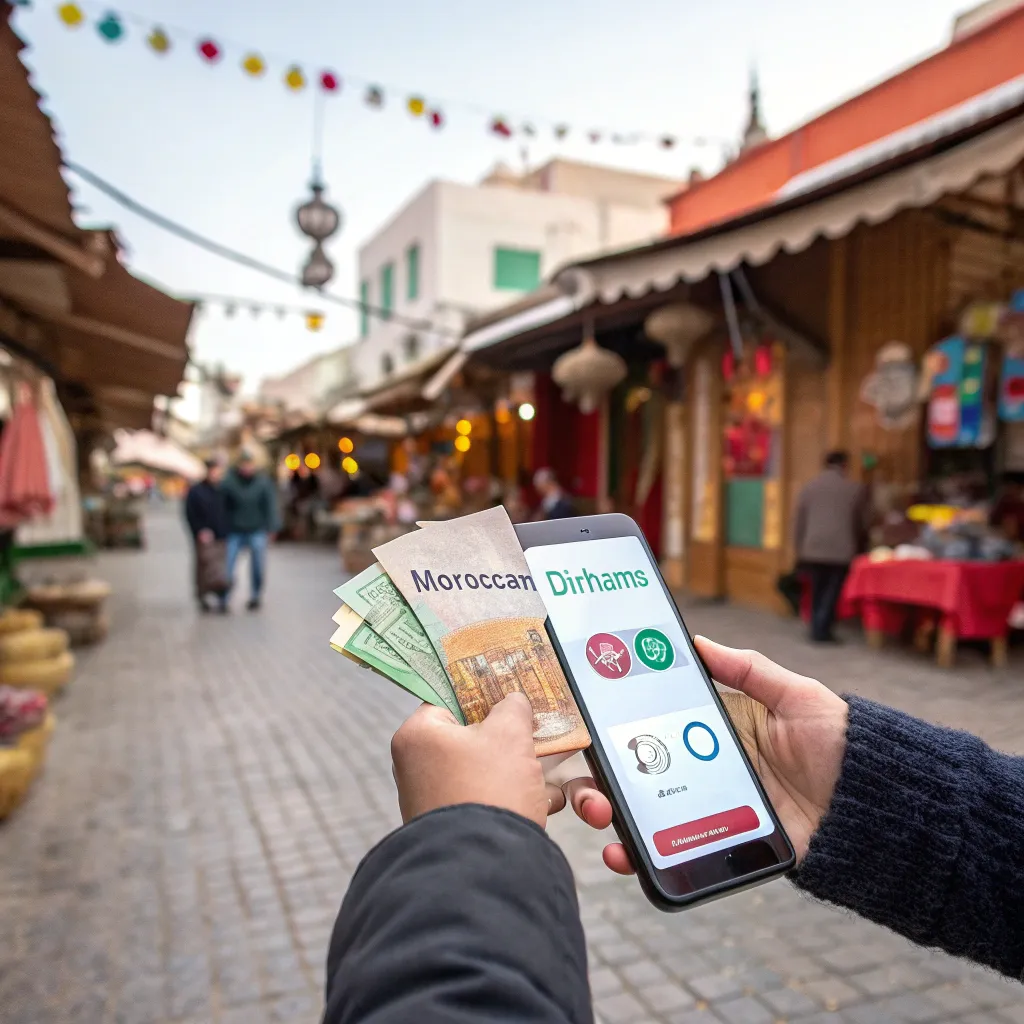
Dirhams, Deals, and Digital Ease: Mastering Money in Morocco
From bustling souks overflowing with treasures to tranquil desert camps under a canopy of stars, Morocco offers a kaleidoscope of experiences. But before you lose yourself in the magic, let's talk about something practical: money.
Understanding the ins and outs of currency and payment in Morocco is key to a stress-free and enjoyable trip. This guide will equip you with everything you need to know, from deciphering dirhams to navigating the art of bargaining, and we'll even reveal how an eSIM can become your secret weapon for financial savvy on the go. Get ready to handle your dirhams like a pro and unlock the secrets of the souks!
1. The Moroccan Dirham (MAD): Your Passport to Moroccan Treasures
The Moroccan Dirham (MAD), often abbreviated as DH, is the official currency of Morocco. Think of it as your key to unlocking the country's hidden gems, from fragrant spices and handcrafted carpets to unforgettable experiences.
- Exchange Rate: While it fluctuates slightly, 1 USD is roughly equivalent to 10 MAD. Keep an eye on current exchange rates before your trip.
- Coins and Notes: Familiarize yourself with the different denominations: coins range from ½ DH to 10 DH, while banknotes come in 20 DH, 50 DH, 100 DH, and 200 DH.
Where to Exchange Your Currency:
- Airports: Convenient upon arrival, but often offer less favorable exchange rates. Exchange only a small amount for immediate needs.
- Banks: Generally offer the best exchange rates. Look for reputable banks like Attijariwafa or BMCE.
- Exchange Bureaus: These are common in cities and tourist areas and can offer competitive rates. Be sure to compare rates before exchanging.
- Pro Tip: Avoid exchanging money at hotels, as they tend to have the least favorable rates. Always check the current exchange rate before any transaction to avoid being shortchanged.
2. Cash vs. Card: Navigating the Moroccan Marketplace
Cash is King (Especially in the Souks):
In Morocco, cash is king, especially in the bustling souks, smaller shops, and rural areas. Carry dirhams with you at all times, as foreign currencies are rarely accepted outside of major tourist establishments.
Cards: Convenient for City Slickers:
Credit cards, primarily Visa and Mastercard, are widely accepted in larger cities, hotels, upscale restaurants, and tourist shops. However, American Express is less commonly accepted, so it's best to have a Visa or Mastercard as your primary card.
ATMs: Your Dirham Dispensers:
ATMs are readily available in cities and towns across Morocco. Look for ATMs affiliated with reputable banks. Be aware that your bank may charge international transaction fees.
- Pro Tip: Notify your bank of your travel dates to avoid any issues with your cards being blocked for suspicious activity.
3. Tipping and Bargaining: Navigating Moroccan Customs with Grace and Finesse
Tipping Etiquette: Showing Appreciation for Moroccan Hospitality
Tipping is customary in Morocco, a way of expressing your gratitude for good service. Here's a general guideline:
- Restaurants: 10% of the bill is standard if service isn't included.
- Hotels: 10-20 DH for bellhops and housekeeping staff.
- Guides and Drivers: 50-100 DH per day for guides and 20-50 DH per day for drivers.
Haggling in the Souks: A Playful Dance of Numbers
Bargaining is an integral part of the souk experience, a playful dance of numbers and wit. Embrace the banter, enjoy the interaction, and don't be afraid to walk away if you're not happy with the price.
- Pro Tip: Start by offering 50-60% of the asking price and work your way up. Be respectful, maintain a sense of humor, and remember that it's all part of the fun!
4. eSIM: Your Pocket-Sized Financial Guru (and Souk Companion!)
Your eSIM isn't just for staying connected with friends and family; it's also a powerful tool for managing your finances in Morocco.
- Track Your Spending: Use budgeting apps to monitor your expenses, ensuring you stay within your travel budget and allowing you to see where you're splurging (those extra tagines add up!).
- ATM Locator: Quickly find nearby ATMs, a lifesaver when you're running low on dirhams.
- Currency Converter: Instantly convert currencies and check exchange rates to avoid being overcharged.
- Safety Net: Access your bank accounts and credit card information securely, providing a digital safety net in case of loss or theft.
5. Scam Savvy: Protecting Your Dirhams from Unwanted Adventures
While Morocco is generally safe, it's always wise to be aware of potential scams. Here are a few to watch out for:
- Fake Change: Always double-check your change carefully.
- Unofficial "Guides": Politely decline offers from unofficial guides.
- Black Market Exchange: Stick to official channels like banks and exchange bureaus.
Conclusion: Money Mastery: Embrace the Dirham and Unlock the Magic of Morocco
With a little preparation and a dash of savvy, navigating the world of currency and payment in Morocco can be a breeze. Embrace the dirham, master the art of bargaining, and leverage the power of your eSIM to stay on top of your finances. Now, go forth and explore – your Moroccan adventure awaits!
Last Articles
Simless
March 17, 2025
Simless
March 16, 2025
Simless
March 15, 2025
Simless
March 14, 2025
Simless
March 14, 2025
Simless
March 13, 2025
Simless
March 7, 2025


